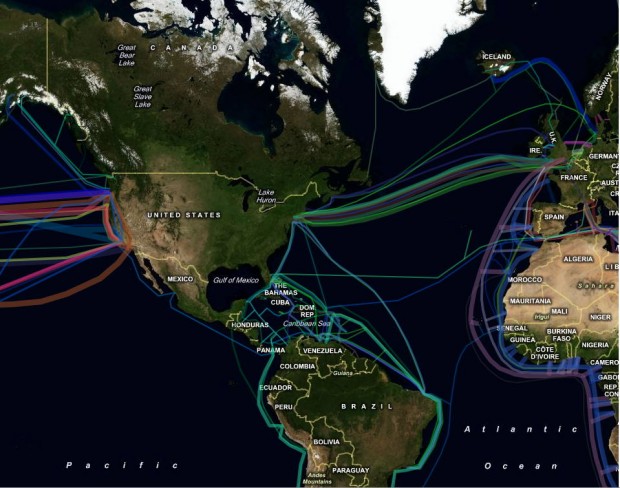For most of my life there’s been a list known as the TOP500. The list of the fastest computers in the world. The fastest today is K computer, built by Fujitsu. We refer to them as “computers”, but in reality they are large rooms filled with servers that operate in coordination with one and other to solve a problem. They are individual nodes that work together.
I think this ranking is becoming increasingly irrelevant. Peak Tflops isn’t necessarily what matters anymore in terms of solving problems. I propose that the internet itself is the fastest and most powerful computer in terms of it’s ability to solve complicated problems. We haven’t figured out how to fully utilize it, we don’t even know it’s capacity or how to optimize it yet. But we know it has amazing potential already.
A photographer during the Vancouver riots (loosing in hockey is a real first world problem isn’t it?) photographed an anonymous kissing couple. In less than 24hrs they were identified. Someone requested help identifying the source of some amazing Nazi era photographs on a Tuesday morning. By Tuesday evening the photographer and the back story were coming into focus. There are no algorithms for these problems.
Things like tagging photos, status updates, tweets, wiki’s, and the ability to index, search, sort them in near real-time is at it’s infancy. We’ve barely got the technology to handle data at this magnitude, much less optimize, and realize it’s full potential. Already it can solve things that you can’t brute force using a supercomputer. At some point we’ll be able to question this “machine” and it will know who most likely would know and who shouldn’t be bothered even seeing the question. This isn’t artificial intelligence, this is computer network assisted human intelligence collaboration.
The internet likely won’t solve π to a trillion places anytime soon, if ever. We’ll leave that dull task to a “simplistic” supercomputer. But it’s important to not underestimate the power of the collective human brain. It’s already able to solve very obscure and complicated questions with ease and can be used without a degree in computer science. It’s only 2011. Just 10 years ago we couldn’t solve the above questions nearly as quickly, or perhaps at all if the person(s) with an answer wasn’t online. Imagine what 2021 will bring.

